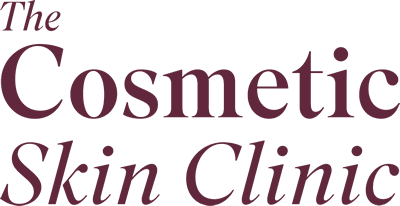Did you know women are twice as likely to have a gummy smile than men?[1] Most of us do not think twice about smiling, but for some smiling does not come easily if we are worried about having a gummy smile. An optimal smile appears balanced with just enough gum and teeth showing.
When we smile, the focus should be on the lips and teeth if you are showing any, but not on the gums. Being unhappy with a gummy smile can severely affect self-esteem levels and even social interactions for both men and women.
What is a Gummy Smile?
The term “gummy smile” also referred to as excessive gingival display, refers to when someone smiles and there is too much gum tissue showing above the top teeth. This can take the focus from our lips and even teeth – making them appear to be smaller than normal.
What causes a Gummy Smile?
There are many causes for a Gummy Smile. They can range from genetics to more simple things like how we care for our teeth. Common causes include:
- Hyperactive muscle that elevates upper lip
- Thin upper lip that exposes more of the upper gum
- Genetics – which can be responsible for a hyperactive or short lip
- Bone structure
- Problems with the teeth or size of the teeth
- Gums – they could be long or enlarged
Fortunately, in most cases, a gummy smile can be easily corrected.
Gummy Smile Botox treatment
Before seeking a Botox for gummy smile treatment, the question is, do you feel self-conscious about your gums when you smile? If yes, then we have the right treatment for you. Depending on the cause of gummy smiles, i.e., hyperactivity of the upper lip muscles, Botox can effectively treat this.[2]
How to treat gummy smile with Botox?
Botox acts as a muscle relaxant. So, when injected it weakens the muscles response to not be so hyperactive. A small Botox injection at both sides of the nostril and nose to mouth lines helps to weaken the muscles response.
This minimally invasive procedure begins to show the results within the next 5-7 days. You will discover a new elevated smile, showing less gum making you more confident in smiling freely. This treatment is the first choice for many to treat that gummy smile, thanks to the quick treatment time, how fast it works, satisfaction with the results and how long the results last.
Post Botox gummy smile treatment
With most Botox treatments, there is no downtime and you can resume normal activities straight away. However, you need to take into account for the next 24 hours that you should avoid:
- Touching the treatment area
- Exercising
- Sleeping face down
A little bruising can be easily concealed with makeup. Your Botox practitioner will discuss your aftercare instructions and follow-up appointments to see how you are progressing.
Why should you get your Gummy Smile treated at The Cosmetic Skin Clinic?
At The Cosmetic Skin Clinic, we pride ourselves on expertly giving our patients the best advice and gummy smile Botox results. With fully qualified aesthetic doctors and nurses, you can trust that your journey to getting that natural and appealing smile is in the right hands. From specialist doctors to high-quality service and care, we are here to make sure you understand every step of the way and are satisfied with the results of your treatment.
Clinic founder, Dr Tracy Mountford has been named as one of the top filler doctors in the UK. With years of experience and satisfied patients, she founded The Cosmetic Skin Clinic protocol to train the clinic team to meet exacting standards. The Cosmetic Skin Clinic protocol has been embodied by our top injector doctors, to create natural yet effective results leaving patients happy.
If you choose to have your gummy smile Botox treatment administered by experienced professionals, you can rest assured that you will receive premium and FDA approved Botox. See our best rated cosmetic doctors for Botox.
To find out more about our Botox for gummy smile treatment, fill out our online enquiry form or directly contact our London and Buckinghamshire clinics by phone on 0330 828 4660.
Source:




















